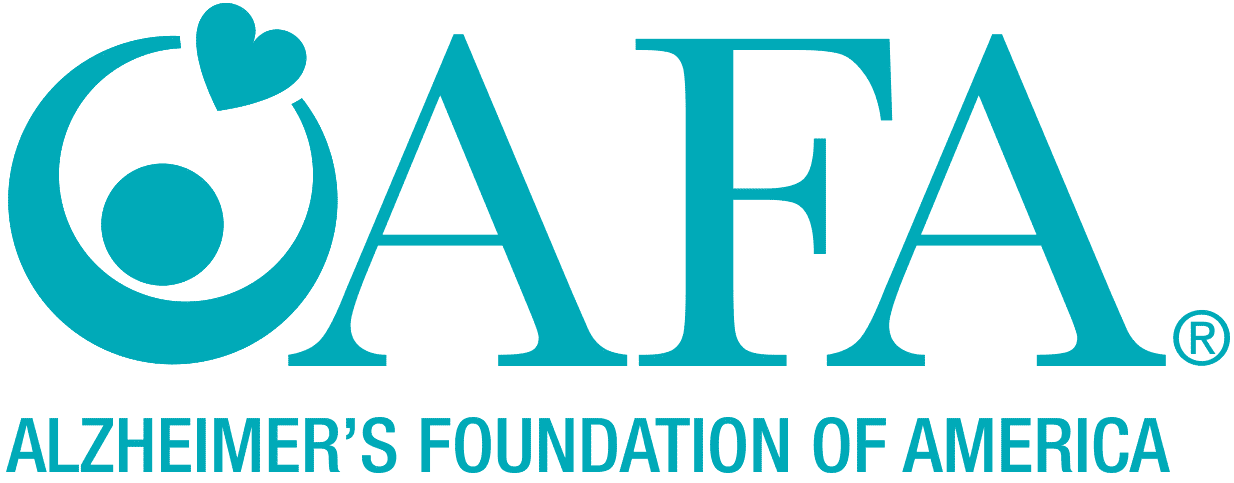Advance Directives

Alzheimer’s disease and related dementias will impact a person’s ability to take part in the decision making process as the disease progresses. It is important to plan early, and in advance in order to involve the person as much as possible in the decision making process, especially regarding medical choices. Legal planning is one of these important matters that need to be in place in order to ensure that proper decisions are made, and that the wishes of an individual with Alzheimer’s disease are taken into consideration.
What are Advance Directives?
Advance directives are legal documents acknowledging a person’s medical wishes which will provide a physician with instructions for care when an individual is no longer able to make or express their health care wishes. There are different documents that a person can complete, depending on what decisions you would like to make. An advance directive is called different things in different states (e.g., living will, health care power of attorney). Before starting any documentation, it is advisable to consult your doctor who can discuss treatment choices and use of life prolonging procedures.
What is a Healthcare Agent?
A healthcare agent is someone designated to make medical decisions for an individual when that individual is unable to make decisions on their own. A healthcare agent should be an individual, such as a family member or friend that knows your wishes about medical treatment and will take responsibility to make certain your wishes are followed through. Individuals should let their health care agents know they have been designated and have a conversation about what this entails.
How to Start Advance Directives:
Choose a health care agent.
Advance directive forms can be found in a doctor’s office, hospital, law office, state or local office for the aging, senior center, or nursing home.
When completing the form, note they may need to have a witness or notary present.
Give copies to your family, doctor, lawyer, and health care agent.
Keep the original form in a safe and accessible place. Let your family and friends know where your forms are kept.
Types of Advance Directives:
Health care proxy or medical power of attorney: This is a written, legal document. An individual appoints a person they trust as their healthcare agent who is authorized to make medical decisions on their behalf. It becomes active only when an individual is incapacitated, unconscious or unable to make medical decisions.
Living Will: This is a document that provides directions to your physician, family and health care providers as to the conditions for which you want life sustaining treatment provided, withheld, or withdrawn.
Do Not Resuscitate (DNR): This is a legal document that notifies healthcare professionals that an individual does not want cardiopulmonary resuscitation (CPR) If the individual heart stops or if he or she stops breathing. This document is signed by a physician.
Do Not Intubate (DNI): This means that an individual does not want a breathing tube to be placed in the throat in the event of breathing difficulty or respiratory arrest. Each of these orders may be given separately, that is, your loved one may be have a DNR order but not a DNI order, or vice versa. However, usually, they are ordered together.
POLST (Physician Orders for Life-Sustaining Treatment): This is called different things in different states (e.g., MOLST, MOST, POST) but regardless of the term, this form is a medical order for the specific medical treatments you want during a medical emergency. POLST forms are appropriate for individuals with a serious illness or advanced frailty near the end-of-life.
Have questions or need more information? Contact AFA’s Helpline at 866-232-8484 or click the chat icon in the lower right hand corner of this page.


